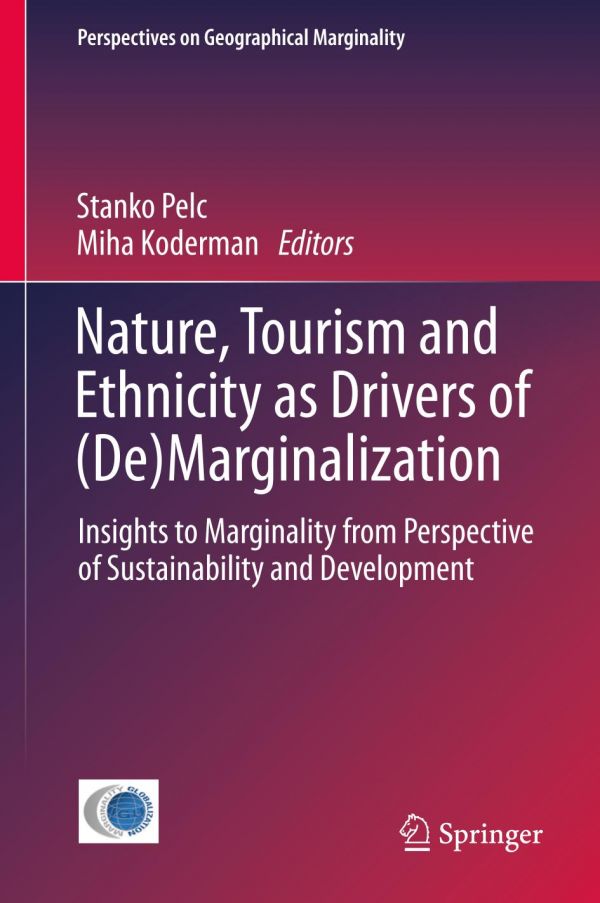

Most ebook files are in PDF format, so you can easily read them using various software such as Foxit Reader or directly on the Google Chrome browser.
Some ebook files are released by publishers in other formats such as .awz, .mobi, .epub, .fb2, etc. You may need to install specific software to read these formats on mobile/PC, such as Calibre.
Please read the tutorial at this link: https://ebookbell.com/faq
We offer FREE conversion to the popular formats you request; however, this may take some time. Therefore, right after payment, please email us, and we will try to provide the service as quickly as possible.
For some exceptional file formats or broken links (if any), please refrain from opening any disputes. Instead, email us first, and we will try to assist within a maximum of 6 hours.
EbookBell Team

4.7
36 reviewsThis book considers de-marginalization attesting that marginal regions have the potential for de-marginalization and are anchored in developmental terms on the following core themes: nature; tourism; ethnicity and general factors including migration. Adding to the discussion on marginality and sustainability this book contributes a number of case studies on a diverse selection of topics and regions in which these crucial issues connect. It delivers a reflection of (de)marginalizing processes in today’s globalized world where an increasing number of people, groups, societies and regions are marginalized and vulnerable not only from social and economic factors, but also from natural causes such as natural hazards. This book addresses the unsustainable practices in the past that have often generated difficult conditions for sustainable development in the future. Marginal regions that have not been developed are given much needed consideration as they may now enjoy the benefits of having not been exploited in the past to their present-day developmental advantage. The overview offered by this book is significant in that marginal regions with relatively unspoiled and attractive natural (and cultural) landscapes have a great potential for sustainable tourism. Contributions include the (de)marginalization of ethnic groups, the role of education and migration in the process, and different economic and political perspectives. Considering the topics covered, the book should be appreciated by all those involved in creation of social policies, urban and regional planning – coordinating economic with spatial and social development and by those studying in the fields were competencies for such activities are important part of the study program.